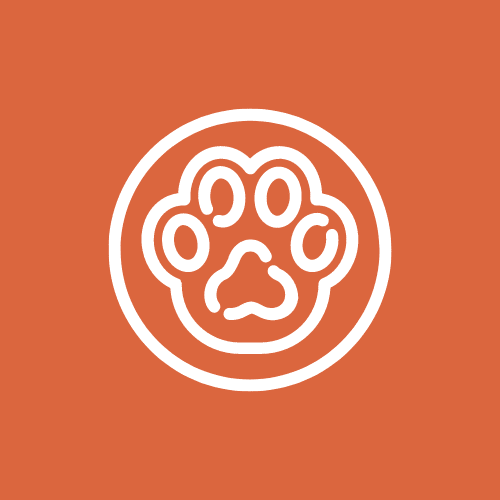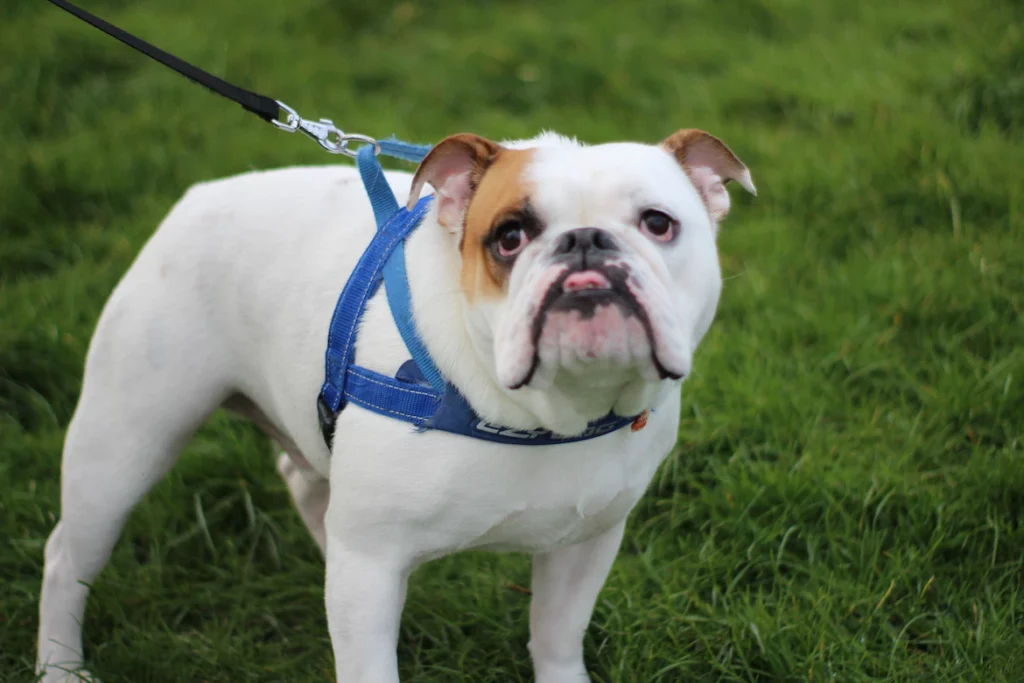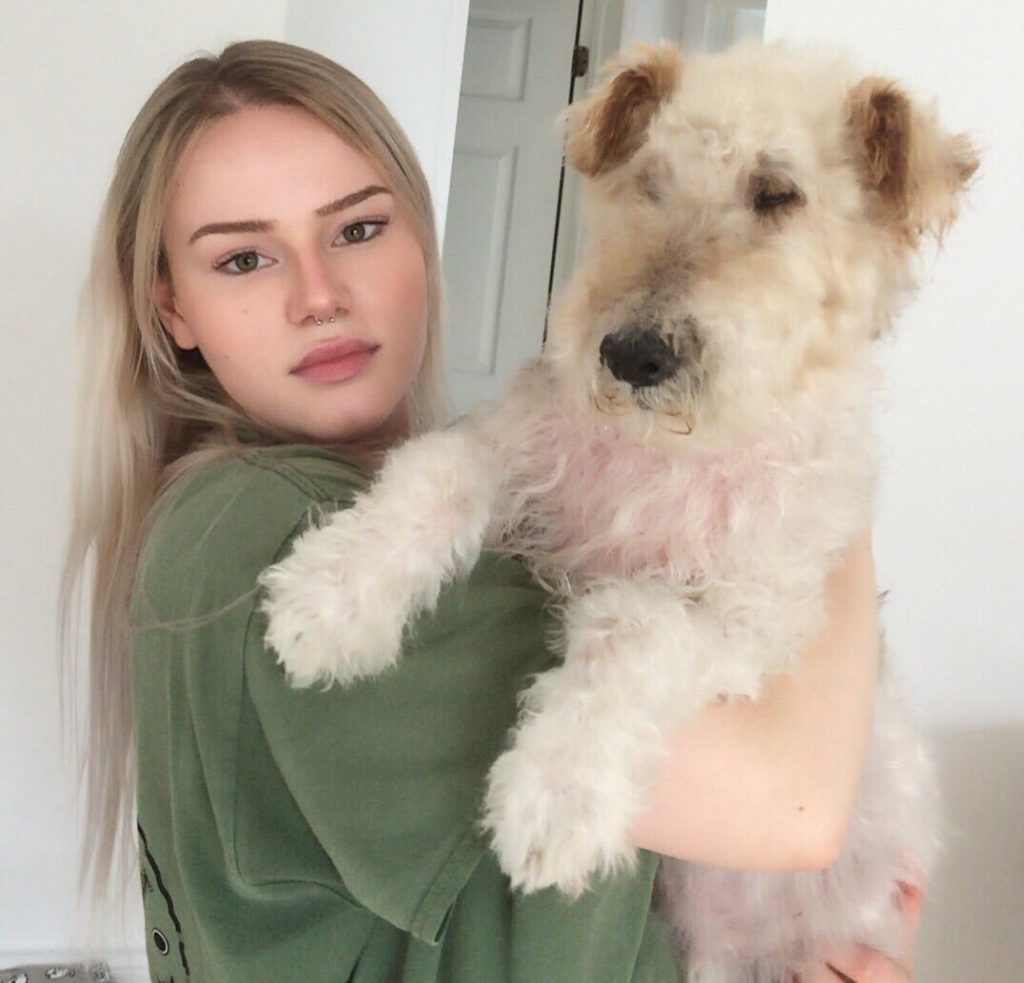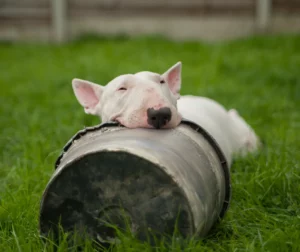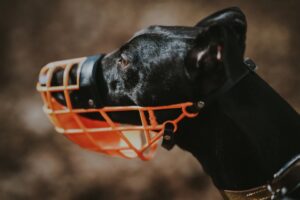Dogs bring us invaluable joy and our pet’s health is a constant priority for any caring owner. When you discover that your dog has stools containing a clear liquid, it is natural to be concerned.
In this article, we will explore this question and shed light on this liquid, while also discussing the potential reasons for this phenomenon.
What Is That Clear Liquid in Your Dog’s Stool?
When you notice clear liquid in your dog’s stool, it’s usually mucus. It is a viscous and slippery substance produced by the mucous membranes in the digestive tract. It plays a crucial role in the lubrication of the intestines and protects the intestinal wall from potential irritants.
What Are the Possible Causes of Mucus in Your Dog’s Stool?
1. Dietary Changes, Intolerances and Allergies
The mucus acts as a protective barrier for the intestines. When dietary changes, allergens, or irritants upset digestive health, the dog produces more mucus to minimize potential damage.
In addition, the ingestion of spoiled food, and toxic or inappropriate substances can disrupt the digestive system and lead to the production of mucus.
2. Viral, Bacterial or Parasitic Infections
Viral, bacterial, or parasitic infections can cause intestinal inflammation. The body reacts by producing more mucus to defend itself against these intruders. This extra mucus helps fight infection and can end up in the stool to kill germs.
3. Stress and Anxiety
The link between stress and mucus production in dog stool is largely due to how the digestive system responds to emotional influences.
Dogs, like humans, have an autonomic nervous system made up of two branches: the sympathetic nervous system (responsible for reacting to stress) and the parasympathetic nervous system (responsible for rest and digestion). When the dog is stressed, the sympathetic nervous system is activated, which can impact digestive health.
- Influence on Intestinal Motility: When the sympathetic nervous system is activated in response to stress, it causes an increase in intestinal motility, i.e. the intestines contract and move more quickly. This can disrupt normal digestion by moving food through the digestive system faster than usual. This acceleration can lead to diarrhea and increased production of mucus by the intestinal mucous membranes in response to irritation.
- Gut Sensitivity: Stress can make the intestines more sensitive to irritants, which can cause an inflammatory response. This inflammation can stimulate the production of mucus to protect the intestinal wall against potentially harmful substances.
- Imbalance of the Intestinal Flora: Prolonged stress can influence the composition of the intestinal flora. An imbalance in the gut flora, called dysbiosis, can cause increased mucus production and other digestive problems.
- Activation of the Immune Response: Stress can also trigger an inflammatory immune response. This reaction can cause increased mucus production as a defense mechanism.
4. Gastrointestinal Problems
Gastrointestinal problems like colitis, irritable bowel syndrome, and inflammatory bowel disease cause irritation and inflammation of the intestines. In response to these problems, the digestive system produces more mucus to protect the intestines and soothe them.
- Colitis: It is an inflammation of the large intestine often caused by bacteria, parasites, stress, injury, or contact with a sick dog. This can cause blood and mucus in the stool and is common in puppies exploring garbage cans.
- Irritable Bowel Syndrome (IBS): This is a long-term problem where the muscles in the bowel do not work properly, resulting in alternating between diarrhea and constipation due to the irregular speed of these muscles.
- Inflammatory Bowel Disease (IBD): This is a problem where the digestive tract is damaged which can also be called Crohn’s disease. This happens when cells that cause inflammation enter the digestive system.
5. Antibiotics
Antibiotics can upset the natural balance of bacteria in the dog’s digestive system, which can lead to irritation and increased production of mucus to protect the intestines.
When to Worry About Your Dog?
Finding a bit of clear liquid or mucus in your dog’s stool isn’t usually something to worry about.
However, staying alert and alert for other signs is essential. If you observe symptoms such as vomiting, severe diarrhea, loss of appetite, lethargy, or any significant behavioral changes, it is important to consult a veterinarian.
What Do I Do if My Dog Has Clear Liquid in His Stool?
1. Watch for Changes: Pay attention to changes in your dog’s stool, including color, shape, and consistency.
2. Maintain a Balanced Diet: Opt for a high-quality diet, avoid sudden changes in diet, and be careful with treats and table scraps.
3. Reduce Stress: Provide a calming and enriching environment for your dog to minimize stress and anxiety.
4. Consult a Veterinarian: If you have any concerns about your dog’s health, do not hesitate to consult a veterinarian for professional advice.
5. Contact a Dog Professional: If you are having trouble managing your dog’s behaviors, it would be beneficial to consult a dog professional. The dog trainer will give you expert advice to understand their behavior, identifying underlying causes such as boredom or anxiety, and developing strategies to modify that behavior through exercises and management techniques.
Ultimately, mucus in your dog’s stool can be the result of a variety of causes, ranging from dietary changes to underlying health issues. Being an alert and caring owner will help you spot potential problems early and take appropriate action to ensure your loyal companion’s digestive health and general well-being.
If you enjoyed the article, you might also be interested in these:
-
Help, My Dog Is a Thief!
-
Low-Quality Kibble: Aflatoxin Poisoning
-
Rawhide: The Worst Dog Treat
-
Dog Bones & Chews: The Best and the Worst
